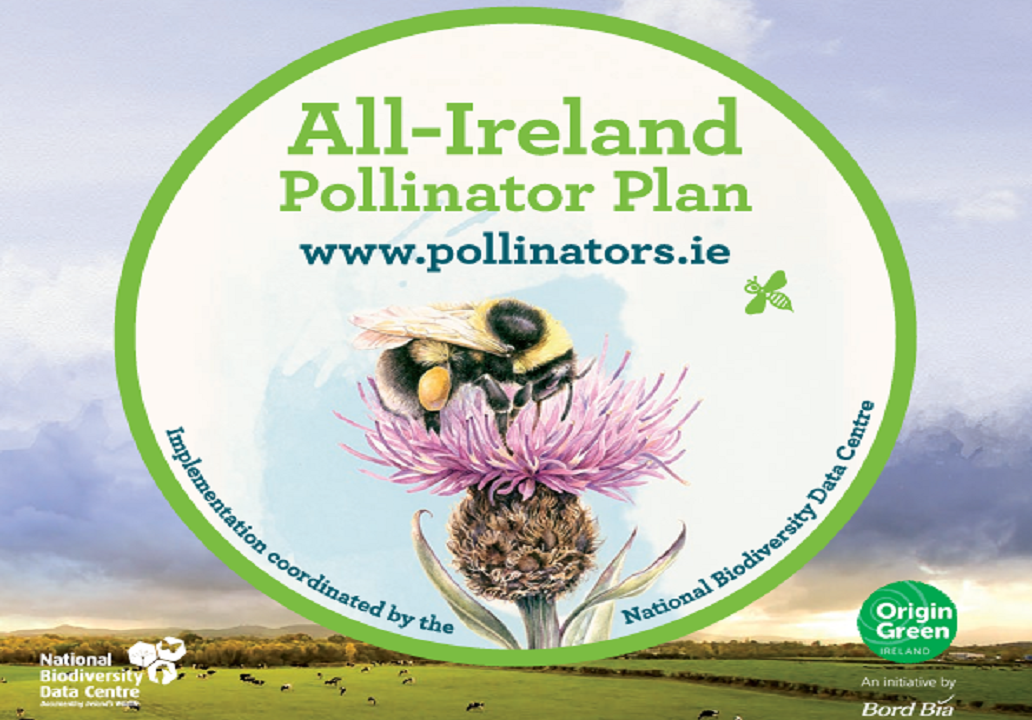Sustainability & Biodiversity
Sustainability & Biodiversity
Ensure our environment and rural communities thrive for future generations.
Bandon Co-op understands the importance of improving sustainability across all aspects of our business. As a farmer-owned co-operative, we are deeply invested in our communities and family farms that provide our high-class produce. This includes supporting community and farming initiatives and ensuring that we embrace change by always choosing the sustainable path for all business developments now and in the future.
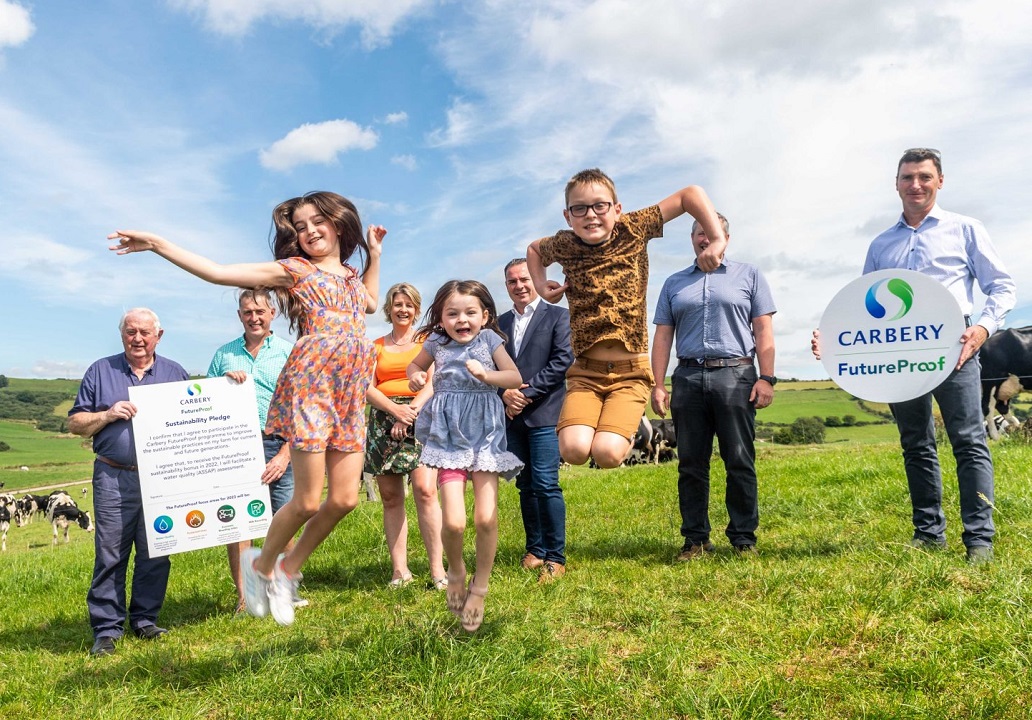
carbery futureproof sustainability bonus
This bonus is to support our suppliers in the drive to improve sustainability on their farm and help accelerate the necessary changes to ensure the successful future of dairy farming in West Cork.
Bandon Co-op suppliers who meet various sustainability criteria including; completing an ASSAP water quality assessment, meeting certain EBI thresholds, implementation of milk recording, using protected urea, and spreading lime; receive a bonus for their milk produced.
Over 90% of Bandon Co-op suppliers have signed up to this programme with a commitment to improving the carbon footprint and sustainability of their farms.
Carbery Tree Project
Bandon Co-op, in conjunction with Carbery and SWS Forestry, first launched the Carbery Tree Project in 2016. The initiative, which was the first of its kind for Ireland’s dairy industry whereby native Irish trees were given free to West Cork farmers for planting on their farms.
To date 24,500 trees have been planted by our farmers in Bandon Co-op to improve biodiversity and help to address climate change at a local level by offsetting carbon emissions.

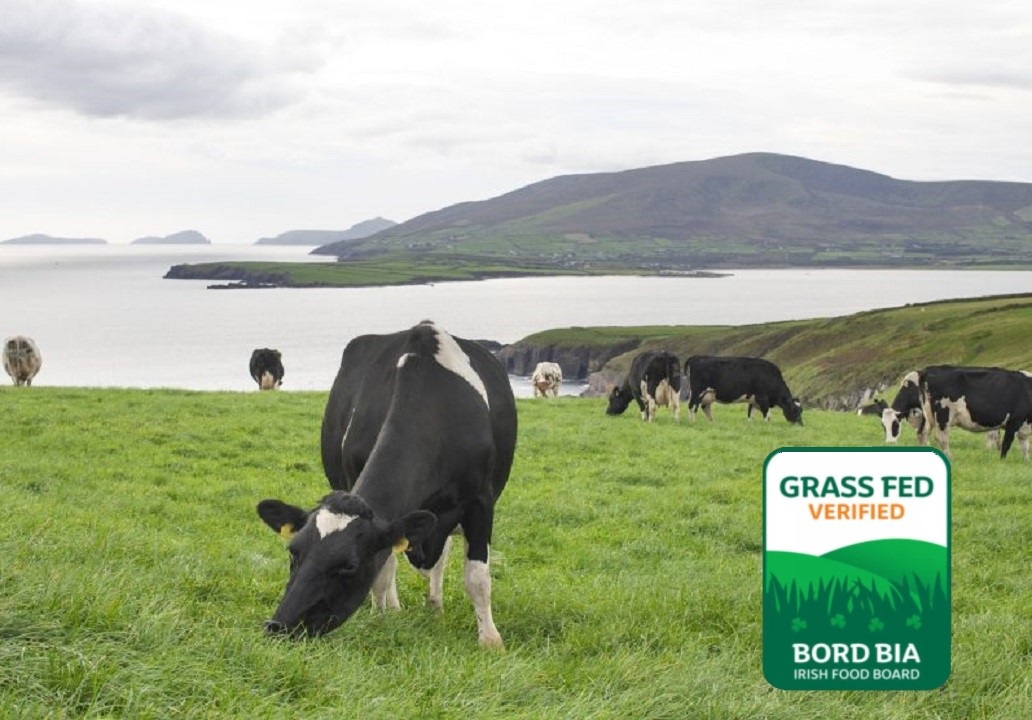
Verified Grass Fed
Our natural grass-based farming system is recognised globally as being highly carbon efficient and sustainable. Our mild temperate climate, plentiful rainfall and deep rich soils allow us to grow an abundance of nutrient-rich grass that support us to produce the highest quality milk, naturally.
Our dairy farmers produce milk that is 95% grass fed on a fresh weight basis, as independently verified by Bord Bia and the Irish Food Board.
Grass fed dairy has higher levels of beneficial nutrients compared to indoor-based dairy, supporting healthy lifestyles. Grass fed dairy from Ireland has one of the lowest greenhouse gas footprints, per kilo of milk produced, in the world.
origin green
Bandon Co-op/Bandon Vale are certified members of Origin Green since 2016.
Origin Green is Ireland’s food and drink sustainability programme. It is a voluntary programme, led by Bord Bia, that brings together our food industry – from farmers to food producers, retailers to foodservice operators – with the common goal of sustainable food production. Origin Green measures sustainability on Ireland’s farms through the Irish Food Board’s (Bord Bia’s) Sustainable Assurance Schemes.
As a member of Origin Green, Bandon Co-op and its farmers work together to reach sustainability targets, ensure the highest animal welfare standards are met, and work to reduce our carbon footprint.
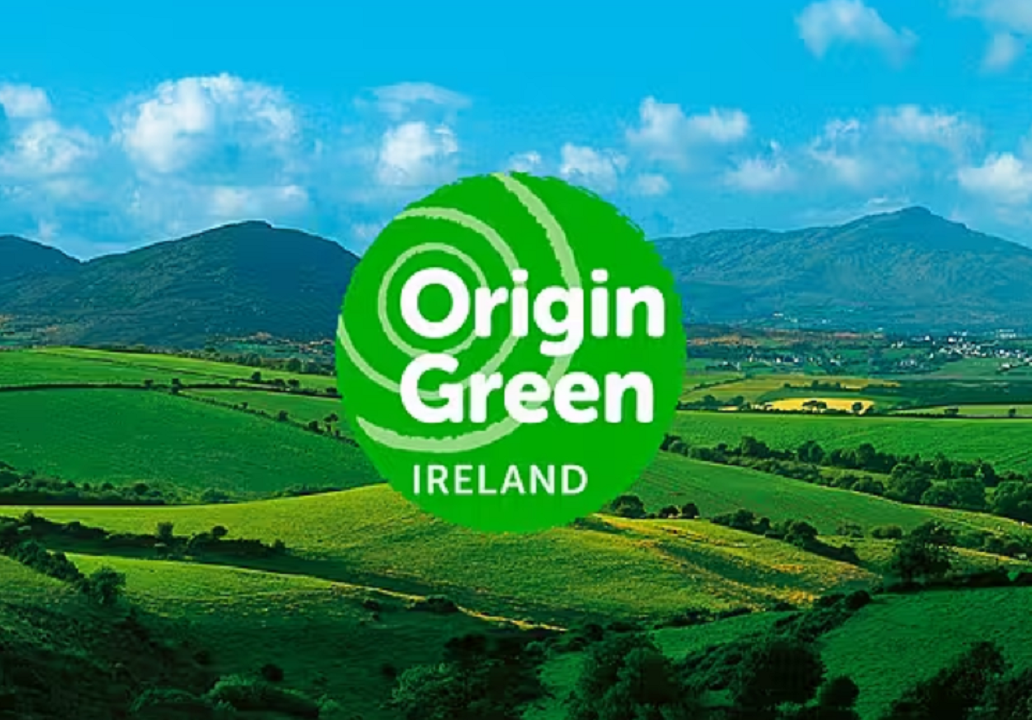
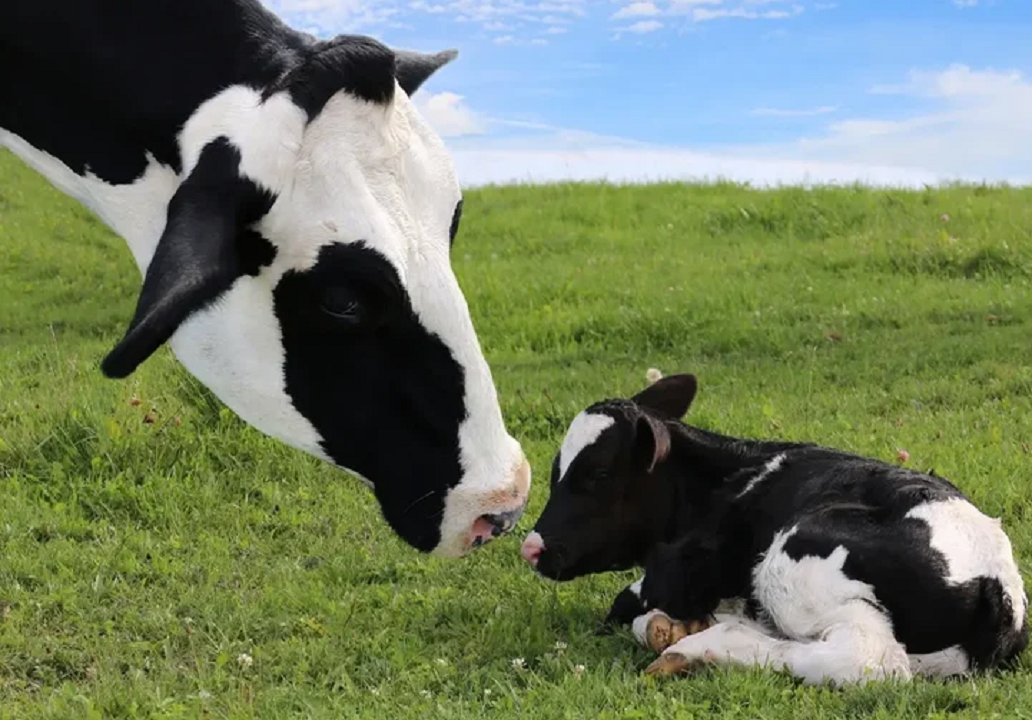
Caring for our animals
The commitment of our farmers to the animals in their care and our outdoor grass-based milk production system ensures that the health and welfare of animals in Irish dairy herds sets a leading standard internationally.
Excellent cow and calf management is an integral part of progressive dairy farming. Our farmers care deeply about animal welfare and operate to high standards to ensure animals are healthy and happy. Caring for our animals allows them to live longer, healthier and more active lives.
all ireland pollinator plan
Pollinators are important for growing insect-pollinated crops, fruit and vegetables; for the health of our environment and for the economy. Farmers recognise this importance, but farmland has experienced wide-scale loss of pollinators over the last 50 years.
Native flowering hedgerows, field margins and non-farmed areas can provide pollinators with the food and resources they need to survive and thrive. In return, these important insects provide farmers with vital pollination services, ensuring good yields of crops and contributing to the farm’s productivity and resilience.
Protecting our pollinators is a challenge for everyone, not just farmers, but farmers can play a leading role in making our island a place where pollinators can survive and thrive.
